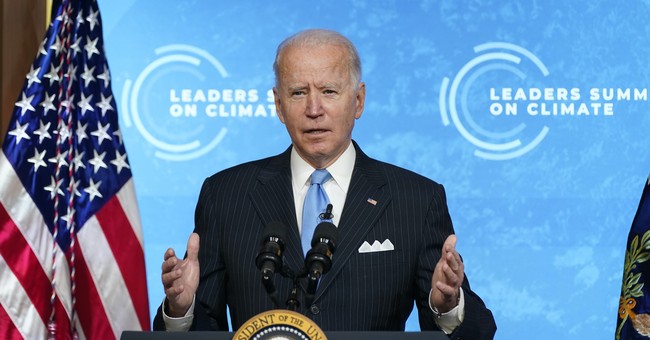 Paul Driessen
Paul Driessen
Via executive orders, regulatory edicts and partisan Green New Deal legislation, President Biden intends to slash US carbon dioxide and other greenhouse gas emissions by 50 percent below their 2005 peak by 2030, and eliminate them (and fossil fuel use) by 2050. But, as AOC’s former chief of staff noted, the GND is not just about transforming America’s energy

system; it’s about changing the entire economy.
[This article was original posted on Townhall.com on May 02, 2021 12:01 AM. It is reproduced here with the permission of the author. Ed.]
This radical transformation is driven by three fundamental articles of faith, none of them based on reality.
The crisis of manmade climate cataclysms necessitates this GND. Natural forces no longer play a role. Rising temperatures since the Little Ice Age Continue reading “Materials Acquisition for Global Industrial Change”




